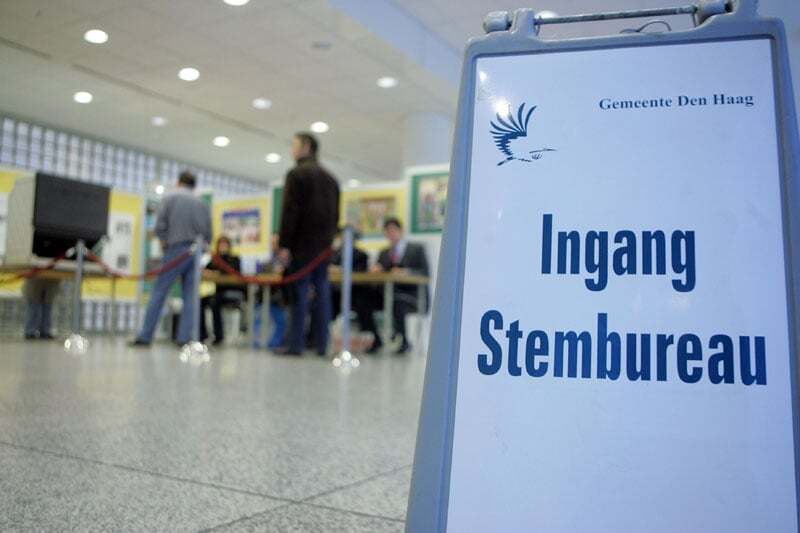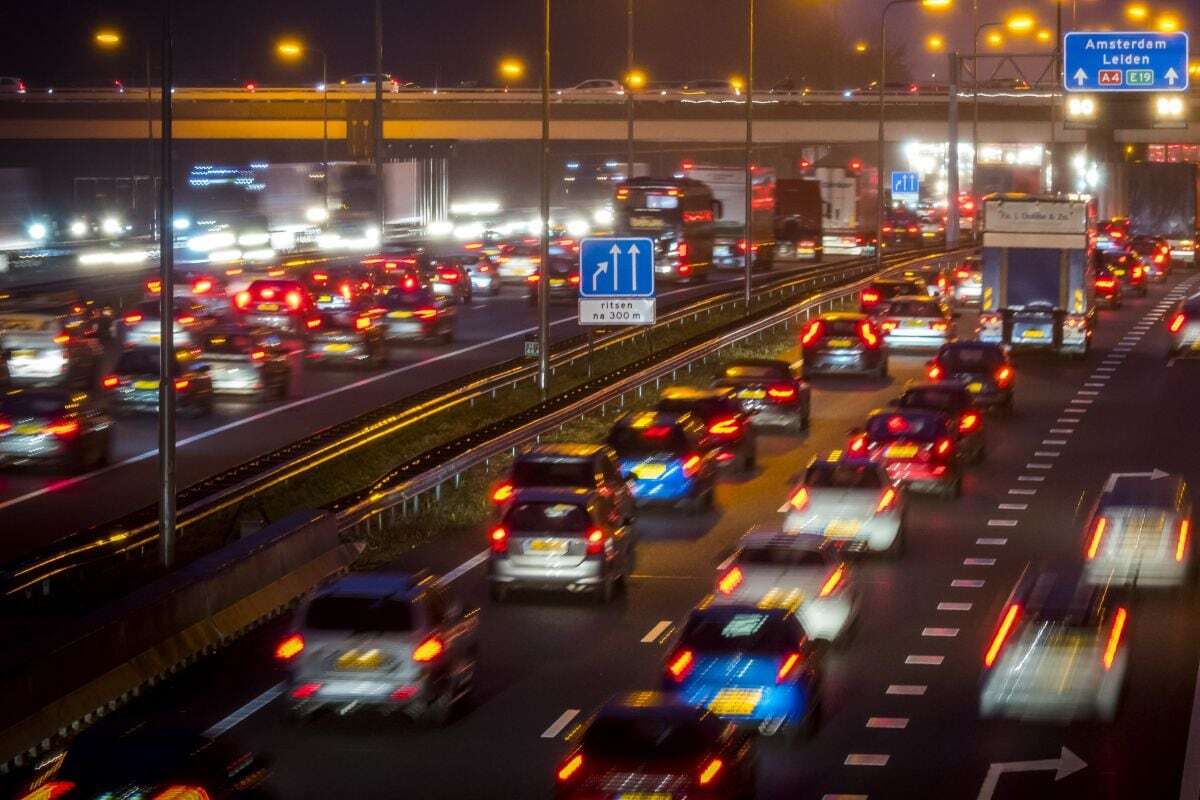
What about pro car parties?
We’re allowed to vote again, but we shouldn’t have any illusions about any effect on car policy, thinks Roy Kleijwegt
With parliamentary elections approaching again, it’s natural that we as AutoWeek would create an overview of the car positions of the largest parties. As a ‘political reporter,’ this task is often assigned to me; in my 18 years at AutoWeek, I’ve done this for almost every election. But this time I don’t feel like it anymore. Not that my interest in politics has disappeared, but over the years you come to a rather sad conclusion: the car doesn’t matter that much.
That is frankly remarkable. Especially since there are ten million cars driving around in the Netherlands, more than 10 billion euros in taxes come in through the car, and car policy affects almost everyone. But also because, when there are no elections, ‘the car’ suddenly becomes hot. Think of a topic like road pricing, which over the past twenty years has repeatedly led to fierce protests from powerful organizations like the ANWB and De Telegraaf. Under public pressure, the plans have been postponed several times.
But as soon as we actually go to the polls, the car suddenly becomes a neglected issue. Matters like immigration, housing, healthcare, and geopolitics mainly matter in the major debates and in the media. But how we will exactly calculate the road tax for EVs won’t cross anyone’s mind when they’re in the voting booth.
The automotive industry in the form of RAI Association and Bovag still tries its best by organizing mobility debates with the traffic spokespersons of various political parties. But that usually gets bogged down in reading election programs aloud, with no substantive debate taking place. You might as well have an AI bot read out the positions per party.
Then we get the situation after the elections: the arrival of a new cabinet. Take Schoof 1, which on paper is the most pro-car cabinet since Rutte 1 with PVV, VVD, NSC and BBB. And with ‘results,’ because we’re actually allowed to drive 130 km/h on three highway sections during the day again, instead of 100 km/h. Yippee. And the fuel tax reduction is being extended for a while, which is nothing more than an opportunistic stopgap. In exchange, almost all discounts for electric cars disappeared, the purchase tax on gasoline cars is higher than ever, and just before the elections they also introduced a gasoline penalty of 12 percent per year for company cars that don’t run on electricity. Huh?! What pro car cabinet?
Not surprising, because take the pro-car combination of Rutte 1 with VVD, CDA and supporting partner PVV. That government, as ‘car fans,’ decided at the time to kill the road tax exemption for classic cars. We don’t even need GroenLinks and PvdA for that… Because even if there are attractive positions in the election programs, the politicians either run into European rules, or there turns out to be no money for it, or, and this is the most annoying: it’s immediately traded away in cabinet negotiations with left wing parties.

Road pricing is on the agenda of the center parties.
The Fall Guy
The car is always the fall guy. If we still look through the programs of the largest parties for form’s sake, we see that CDA, GL-PvdA and D66 all want to introduce road pricing. The chance that this will happen is now greater than ever. PVV and SP are fiercely against and VVD says nothing, so they will probably give in. Additionally, PVV wants, under the motto ‘no fuss, everyone rich,’ lower fuel taxes, no ban on new cars with combustion engines, free parking for cars with combustion engines at EV charging spots, and the maximum speed on highways during the day increased to 140 km/h.
Perhaps they should talk to their own former Minister of Transport, Barry Madlener of PVV, who almost only managed to get the Afsluitdijk to 130 km/h. Empty barking. Both CDA and VVD have the idiotic plan to calculate the road tax for EVs based on surface area, which doesn’t get support from any automotive industry organization. GL-PvdA and SP only want new EVs from 2030, while throughout Europe it’s becoming clear that a ban on the sale of new cars with combustion engines in 2035 is too early. Furthermore, D66 wants subsidies for EVs back, but especially more public transport.
The most achievable, realistic AND useful idea that we can actually benefit from comes from SP: ‘Prices of charging stations become transparent and clearly visible to the motorist. Price agreements and cartel formation to keep prices high are punished with fines and loss of charging station operating licenses.’ Perfect! Useful, easy to implement, not expensive, no European legal blockades, and which party could be against this? Go SP!